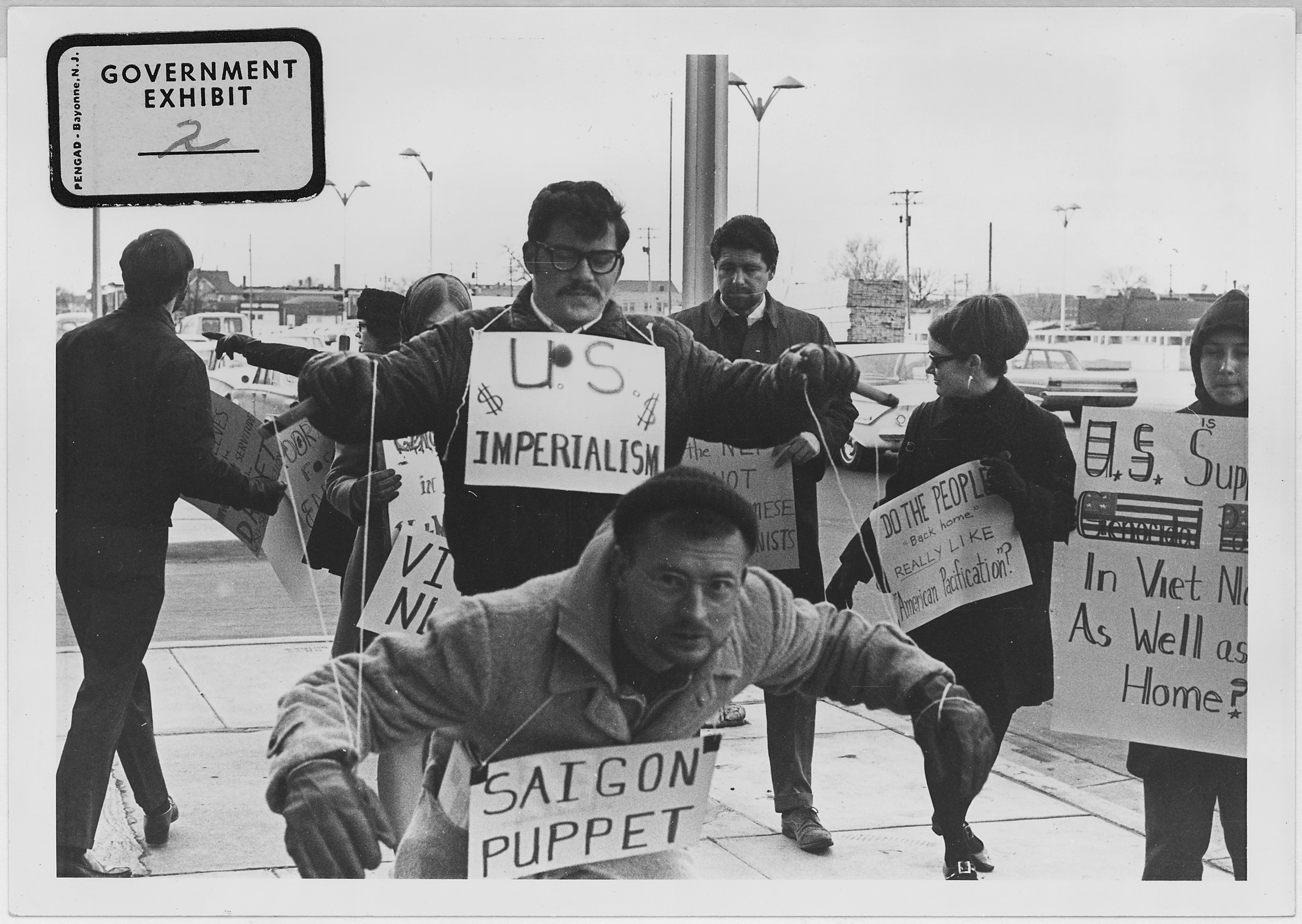
Memorial Day is the ideal day for remembering both the costs of war and the valiant efforts of anti-war activists to resist war. Today’s post focuses on the Vietnam War, which is worth memorializing for three reasons:
- It showed the power of a diminutive David (North Vietnam) against a gigantic Goliath (the United States).
- It showed the moral power of anti-war civilians against the political power of the military industrial complex.
- It reminds us that you can fool some of the people some of the time with lies and propaganda (e.g., the Bay of Tonkin) but you can’t fool all the people all the time because so many will seek and share the truth.
The costs of that war were momentous: 58,220 American deaths.
And that figure represents just the tip of the iceberg: it does not include the post-war suicides, post-traumatic stress disorder (PTSD), drug and alcohol abuse, and family violence stemming from military service in Vietnam.
Moreover, it does not include the millions of Vietnamese lives lost and the additional millions irretrievably damaged. Of the thousands of books written about the Vietnam War, Nick Turse says, “The main problem with most of those books is the complete lack of Vietnamese voices…. Millions of Vietnamese suffered: injuries and deaths, loss, privation, hunger, dislocation, house burnings, detention, imprisonment, and torture.”
Today I remember with gratitude the brave Americans who struggled to end that devastating, unjust and immoral war—sometimes at the cost of their lives or their freedom. Here are just a few: Martin Luther King, Jr., Father Daniel Berrigan, Daniel Ellsberg, Mohammed Ali, Angela Davis, Jane Fonda, Pete Seeger, and Walter Cronkite.
I pray we continue to be blessed with moral leaders who will resist the political calls to wage war.
Kathie Malley-Morrison, Professor of Psychology


